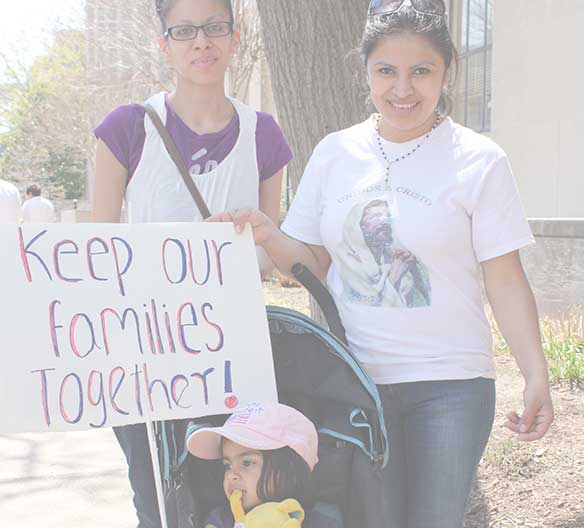What do you want to learn more about?
Do I have to be bilingual to do immigration evaluations?

One of the biggest misconceptions about this type of work is that you have to speak two (or more!) languages to complete effective evaluations. This is simply not true.
Personally, I speak Spanish, and yes it does help. BUT I don’t speak Vietnamese, Arabic, or Mam, etc. so I have had to use an interpreter several times.
Is it ideal? No. But I believe that a solid, clinically sound evaluations with the use of an interpreter is much better that one done poorly in the client’s native language.
Also, keep in mind that for extreme hardship waivers and cancellation cases, you will be evaluating the US citizen family member, so I am conducting these evaluations in English. So please don’t let the lack of a second language deter you from starting this work. If you need an interpreter, there are many terrific interpretation services around and many times you will be speaking with your client in English.
P.S. Ready to get started? Check out the free video series for the next steps.

I’m Cecilia Racine, and I teach therapists how to help immigrants through my online courses. As a bilingual immigrant myself, I know the unique perspective that these clients are experiencing. I’ve conducted over 500 evaluations and work with dozens of lawyers in various states. Immigrants are my passion, I believe they add to the fabric of our country.
related articles
Helping Immigrants Find Safety and Healing Through U and T Visas
As mental health clinicians, we possess a unique set of skills that can be a…
Expand Your Expertise: Recommended Trainings for Immigration Clinicians
The Immigration Evaluation Institute Comprehensive course is a great first step into the world of…
Ethical Considerations in Immigration Evaluations
The role of mental health professionals in immigration evaluations is fraught with unique ethical complexities.…
Join the Free
Immigration evaluation
therapists facebook group
Are you a therapist that conducts immigration evaluations?



